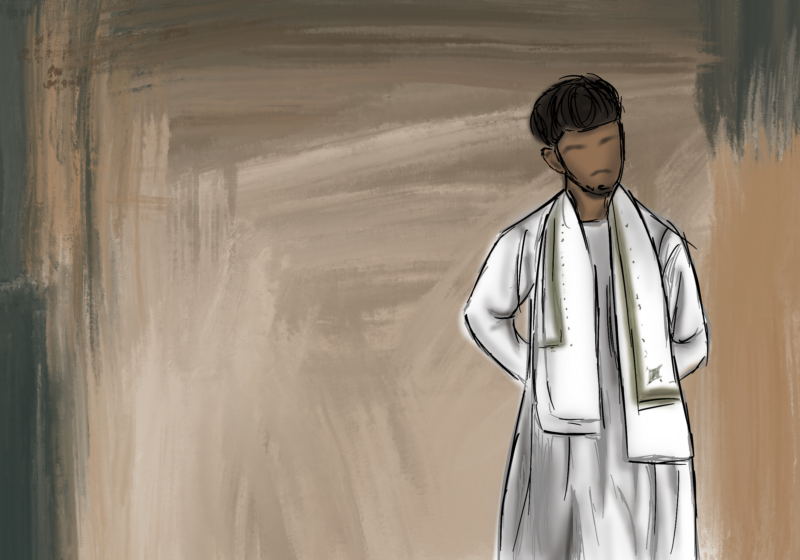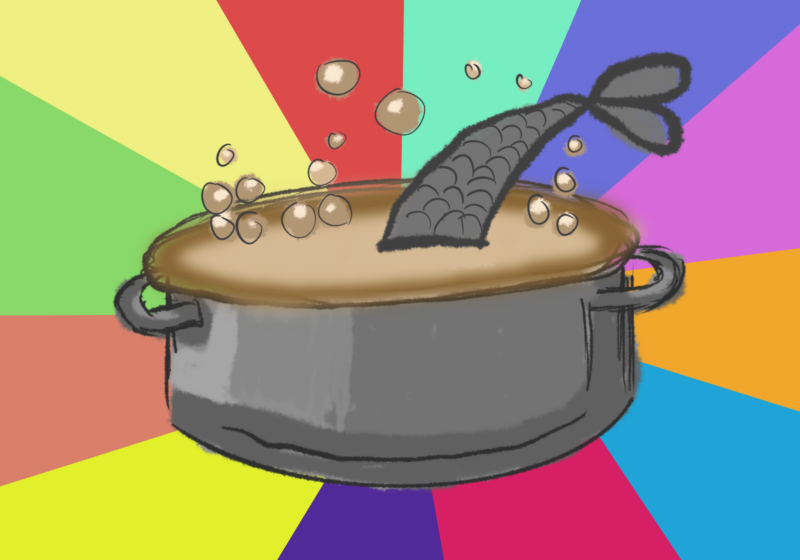Studying history from books can get boring at times, but Thursday, Nov. 8 at 8 p.m., you have the chance to experience history first hand.
Three renowned Navajo code talkers will be coming to UR to present their experiences during World War II and explain how they were able to help defeat the Japanese.
“Desert Warriors of the Pacific: The Navajo Code Talkers of WWII” features Samuel Billison, president of the Navajo Code Talkers Association, who will talk in Hubbell Auditorium about his experiences. He will also demonstrate how code talking worked.
Billison, along with Albert Peaches and Samuel Smith, are speaking as part of the celebration of Native American Heritage Month.
Using code that they developed in their own native language, the code talkers transmitted critical battlefield messages that the Japanese were never able to decipher. It is the only code that has been unbreakable in the history of warfare. The Navajo code talkers were so successful that the project was classified “top secret” until 1968 in hopes to use it in future conflicts.
They have long gone unrecognized for their wartime contributions because of the secretive nature of their work and it has been only recently that they have been honored for their work.
“They have spent 20 years in unsung heroism and in another 15 years they will all be gone,” Yvonne Bilinski, assistant director of the higher education opportunity program for minority students said. “To me, they are living legends.”
These men, who were just boys when they started out, were willing to fight for the cause even though their land and culture was slowly disappearing, Bilinski said.
The Navajo code talkers are becoming a popular topic in recent studies and their experiences are fascinating. There is even a G.I. Joe action figure of a Navajo code talker that speaks the code on the market now.
“We need to rise up and say thank you,” Bilinski said. “They didn’t have to do it, they wanted to.” The program is free and open to the public.
Roberts can be reached at rroberts@campustimes.org.




